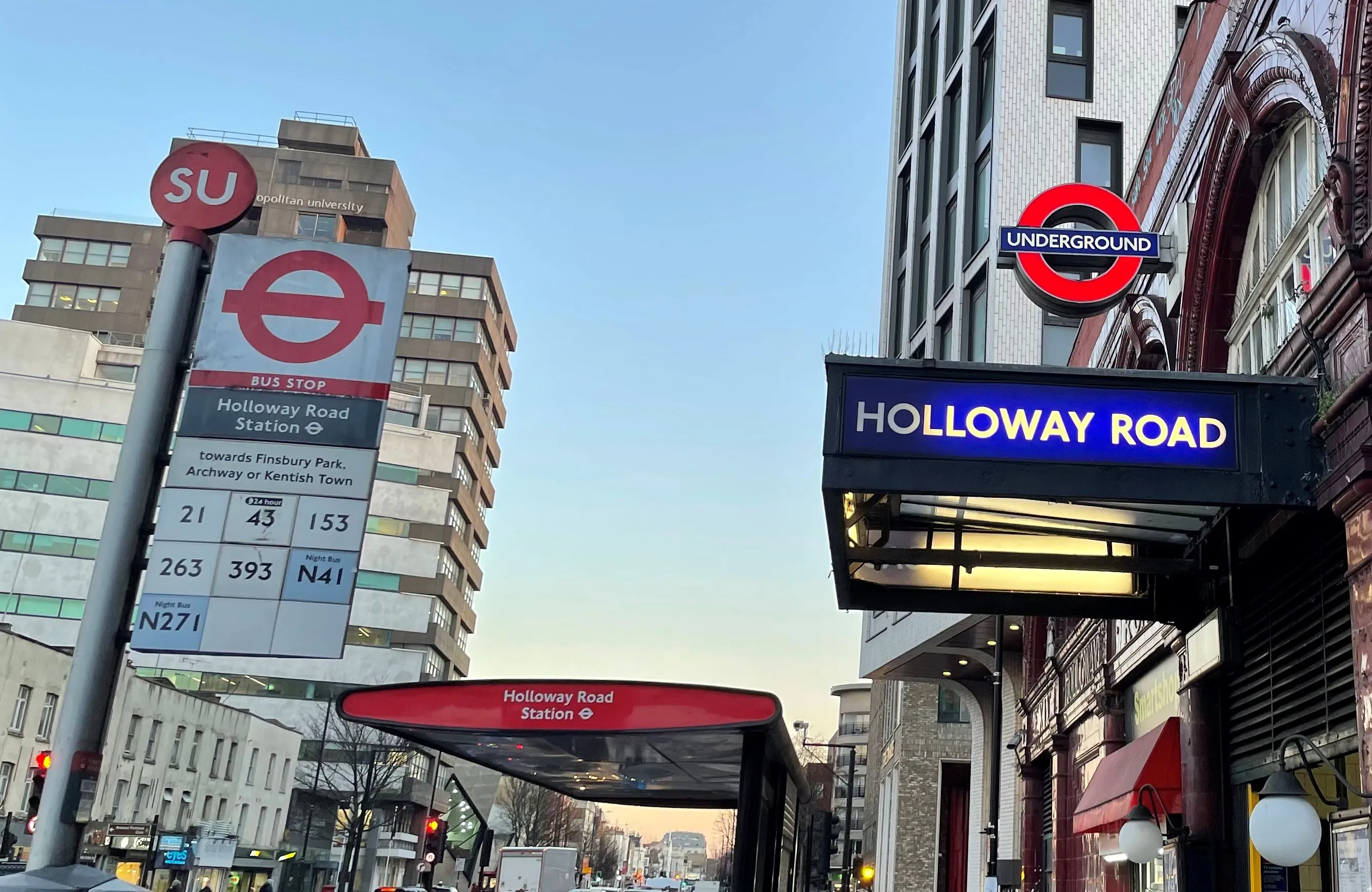Rail technology supplier
Bombardier's re-traction project is part of London Underground's larger Central Line Improvement Programme (which aims to bring a number of passenger-focussed improvements and is expected to reduce customer-affecting failures on the Central line fleet.
For the programme, Bombardier will replace the direct current (DC) traction motors on Central line trains with the latest MITRAC alternating current (AC) traction systems and MITRAC traction control equipment. The Central Line '92 tube stock are the last London Underground trains to use DC traction motors, and MITRAC will bring benefits by reducing energy consumption while improving fleet reliability and performance. In total, Bombardier will supply new motors and traction control equipment for 85 eight-car Central Line trains (680 cars in total).
Bombardier to supply new propulsion technology to London Underground
Rail technology supplier Bombardier Transportation has been awarded a contract by London Underground to supply new motors and traction control equipment for its fleet of Central line trains. This contract, which includes ongoing maintenance support, will run until 2024 and is valued by Bombardier Transportation at approximately US$143.7 million (£112.1 million).
Bombardier's re-traction project is part of London Underground's larger Central Line Improvement Programme (which aims to bring a number of pas
August 29, 2017
Read time: 2 mins








